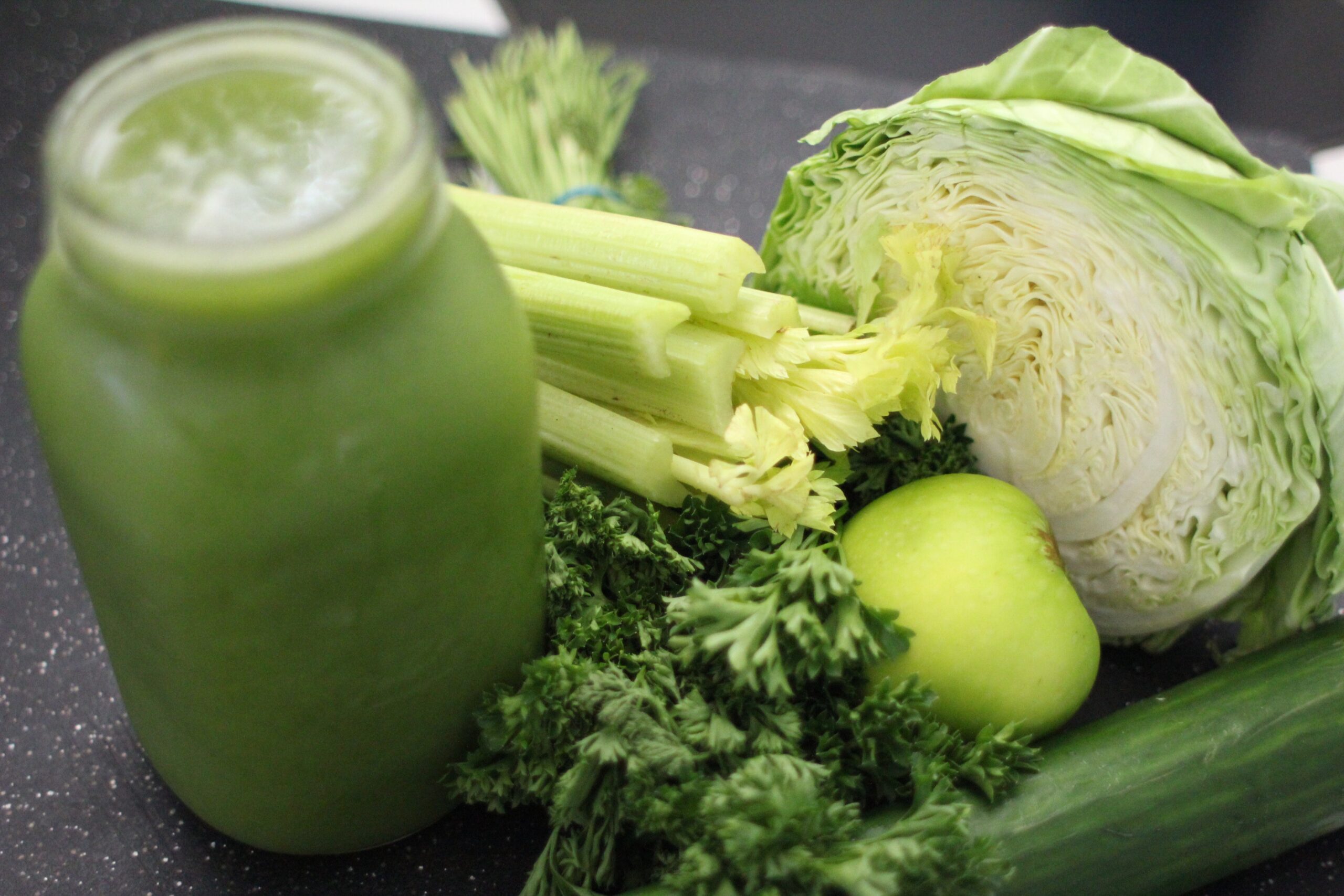Do you start your day with a cold green juice and have raw salad for lunch? It sounds reasonably health. However, according to traditional Chinese medicine, it might not suit your particular body constitution.
1. What is the five nature of food?
In traditional Chinese medicine, food is divided into five natures: cold, cool, neutral, warm and hot. The nature of food is not determined by their actual temperature, but rather by what effects they have on a person’s body after consumption.
Foods are warm and hot bring heat to our bodies. Over consumption of hot and spicy food will make the body over heat and sweat, impairing Yin energy. On the other hand, cold and cool food cools down our body. Too much cold and raw food damages Qi in the stomach, leading to cold hands and feet, poor circulation, or digestive issues.
Cold Food
Cool Food
Warm Food
Hot Food
2. How to change food properties?
You can change a foods’ properties by cooking and adding spices. For example, cooking vegetables can be thought of as a form of pre-digestion that helps break down the food before we eat it so that our bodies can more easily assimilate its nutrients.
If you enjoy a healthy fresh green juice, by adding a warming ingredient like fresh ginger, you can bring the vegetable and fruit juice into balance.
3. The importance of good dietary habit
Chinese medicine considers that the functions of the body are locked into a regular rhythm. Therefore, eating the right amount at a regular time is considered crucial. “Eat when you are hungry and drink when you are thirsty” does not fit in Chinese medicine approach.
Four principles of dietary habits:
1) Only eat to about 75% of your capacity. This allow adequate digestion to occur.
2) Have meal in regular pattern and at regular intervals.
3) Decrease size of meals as the day progresses to insure all food is fully digested before sleep.
4) Eat slowly, chew thoroughly and have meal in a quite and disciplined way.
4. Food is medicine, medicine is food
“Food is Medicine” is a term which was originally coined by Hippocrates, the father of Western medicine. But this exactly matches with Chinese medicine diet concept. In traditional Chinese medicine, every food is nutritious, but depending on its nature, might better or worsen the situation. “One size does not fit all” means people with different constitution suit different type of diet. For example, garlic and onions which include antibiotic and antifungal properties. However, when you are already a very dry person and you have so much heat and sweats in your body, the more garlic and onion you have, the hotter you get.
If you are going to explore healthy diet in Chinese medicine, there are many more aspects to consider. In B&Q Acupuncture, Our qualified acupuncture and Chinese medicine doctors with a background in food therapy can help you make the right choices for your health issues. Food is an economical, reasonable medicine to help our bodies heal and make the changes we need to attain wellness and prevent disease.
If B&Q Acupuncture is something you want to try, get a feel for us by looking at our google reviews or on our website. To make an appointment, visit our site or call us on 61115027. We service folk all over Perth and Western Australia but most conveniently Subiaco, Wembley, Leederville, Jolimont, Shenton Park, Perth city, Osborne Park, North Perth, Nedlands and Vic Park.

